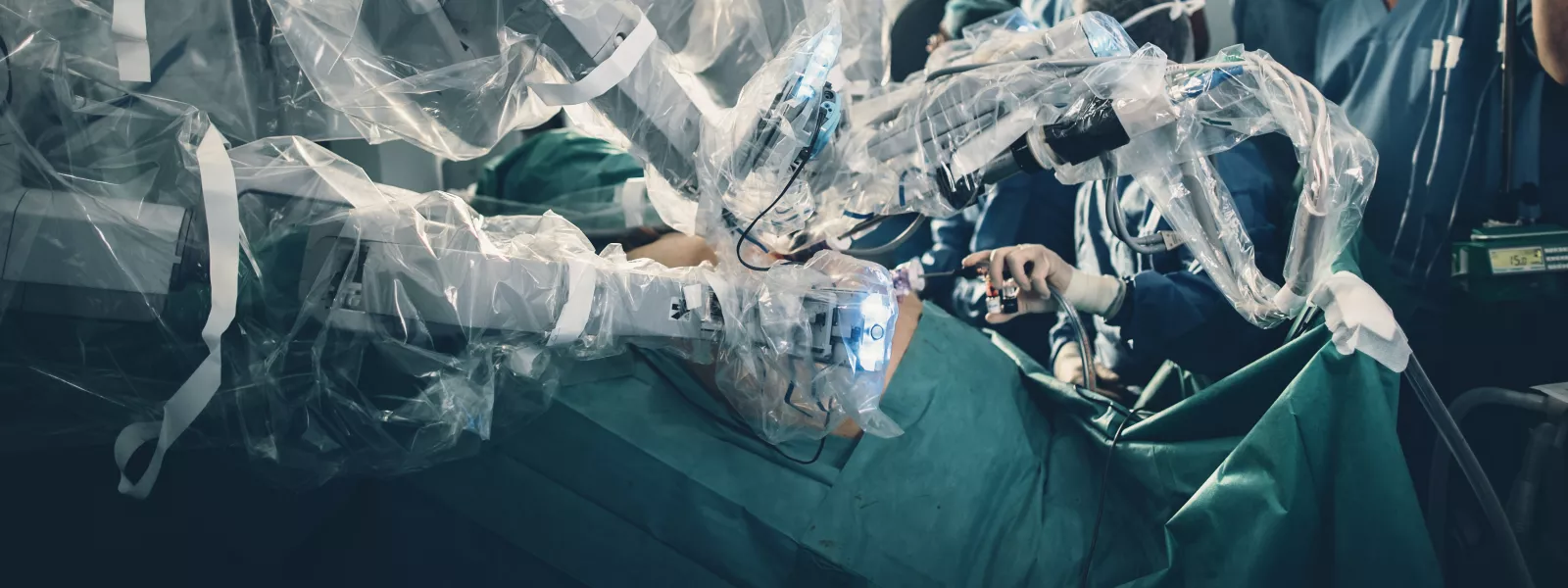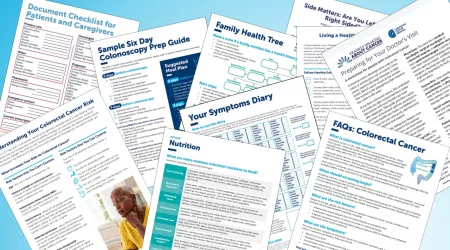
Types of surgery for colorectal cancer
There are several types of colorectal cancer surgeries. The specific surgery is determined by the location of the disease.

Surgery as treatment for colorectal cancer
Surgery is the most common treatment for early-stage colorectal cancer. The surgery type depends on the stage and location of the cancer. Colorectal surgery involves the removal of the tumor and some of the surrounding tissue. Removing all or part of the colon is called a colectomy. This kind of surgery is called a surgical resection. Cancer that can be completely removed with surgery is called resectable.


What is a colectomy and what to expect
If your doctor has recommended a colectomy as part of your treatment for colorectal cancer, check out this video to learn more about the surgery.
Common surgeries for colorectal cancer
Below are the most common colorectal cancer surgeries. Click on each to learn more.
Right hemicolectomy
In this procedure, the surgeon removes the ascending colon and a portion of the transverse colon, and then connects the transverse colon to the end of the small intestine.
Sigmoid colectomy
In this procedure, the surgeon removes the diseased part of the sigmoid colon and then connects the descending colon to the rectum
Left hemicolectomy
In this procedure, the surgeon removes a portion of the transverse colon, the descending colon, and the sigmoid colon, and then connects the transverse colon to the rectum.
Low anterior resection (LAR)
In this procedure, the surgeon removes the diseased portion of the rectum and the sigmoid colon.

What side are you on?
Research suggests that there are biological differences between left-sided and right-sided colon cancers.
That means that where a tumor starts to grow in the large intestine will determine treatment and prognosis.
It's important to understand on which side your colorectal cancer began.
No one should experience colorectal cancer alone
Our national network of survivors and advocates are standing by. Whether you have questions about surgery or just need to vent — there is tremendous strength in our community.
Top resources

Christy Williams: Biomarker testing leads to successful treatment
Statistics suggested that Christy’s odds of survival were grim, so she leaned into her faith and kept a positive outlook. She tried to control what she could. And, critically, she received biomarker testing.

EPIC Act to Advance New CRC Therapies Needs Support
The EPIC Act would encourage investment in clinical trials for additional uses of existing drugs.

Colorectal cancer resources for learning and sharing
Whether personally impacted by colorectal cancer (CRC), supporting a loved one, or dedicated to educating and empowering others, these downloadable and printable resources can help.





